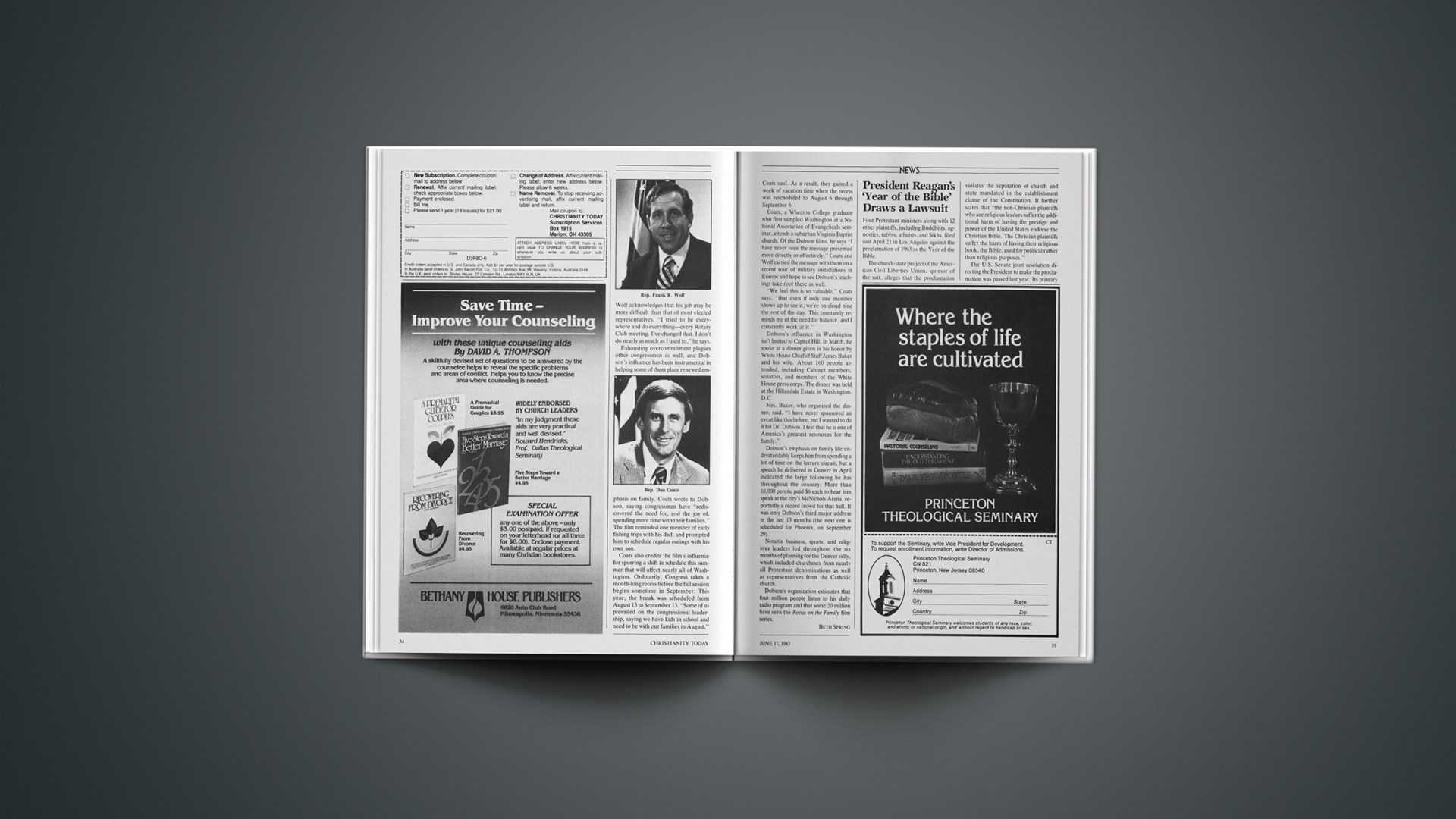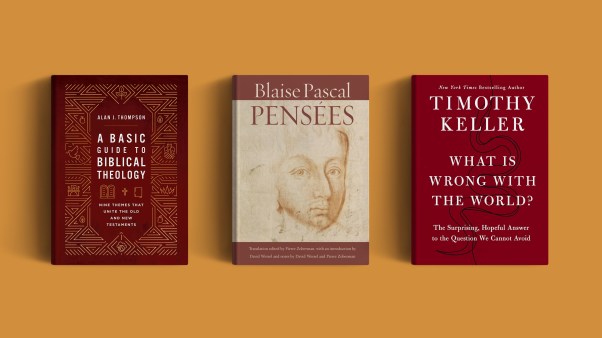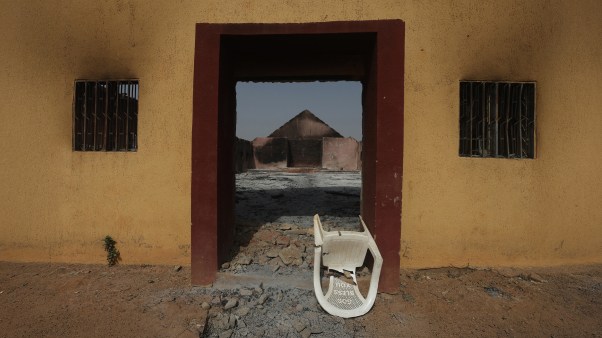Four Protestant ministers along with 12 other plaintiffs, including Buddhists, agnostics, rabbis, atheists, and Sikhs, filed suit April 21 in Los Angeles against the proclamation of 1983 as the Year of the Bible.
The church-state project of the American Civil Liberties Union, sponsor of the suit, alleges that the proclamation violates the separation of church and state mandated in the establishment clause of the Constitution. It further states that “the non-Christian plaintiffs who are religious leaders suffer the additional harm of having the prestige and power of the United States endorse the Christian Bible. The Christian plaintiffs suffer the harm of having their religious book, the Bible, used for political rather than religious purposes.”
The U.S. Senate joint resolution directing the President to make the proclamation was passed last year. Its primary initiators were Sen. William Armstrong of Colorado and Rep. Carlos Moorhead of California. There were 30 sponsors in the Senate and 218 in the House of Representatives. Shortly after passage, an atheist group in Wisconsin filed suit.
Ronald Reagan’s official proclamation of February 3,1983, recognized the influence of the Bible on the country’s development. The proclamation states in part: “I encourage all citizens, each in his or her own way, to reexamine and rediscover its priceless and timeless message.”
Plaintiff John A. Hutchison is emeritus professor of Philosophy of Religion at Claremont Graduate School and a United Presbyterian minister. He states that “in this religiously pluralistic society, it is necessary for the largest religious group, Protestant Christians, to play fair and not ask for special advantages.”
The Reverend John Crossley, a professor of religion at the University of Southern California, declares that he believes the Bible is the Word of God and that the contents of the presidential proclamation are substantially true, but he believes “it is wrong to make it a civic duty to read the Bible.”
The chairman of the National Committee for the Year of the Bible is Bill Bright of Campus Crusade for Christ. Serving as vice-chairmen are: John Cardinal Krol of Philadelphia, Thomas Zimmerman of the Assemblies of God, and Gerson Cohen of the Jewish Theological Seminary of America. The committee will distribute study materials, bumper stickers, and buttons to churches and synagogues across the country. Publicity will be augmented by a major media campaign later in the year.
Speaking for the committee, John Jones of Campus Crusade stated that he believes the Year of the Bible does not violate the Constitution and cited Abraham Lincoln’s 1863 proclamation of a national day of fasting and prayer as a similar example. He added that no evangelism will be undertaken, and that the committee is not attempting to “define the Bible” for anyone. The committee’s budget of $900,000, Jones said, is made up entirely of contributions, with no public money involved.
The national director of the committee for the Year of the Bible is Glenn Jones, a retired air force colonel. He told the Los Angeles Times on April 21 that “no religion was established by public law,” and that it was “twisting the concept of separation of church and state to eliminate moral values from the government of our country.”










